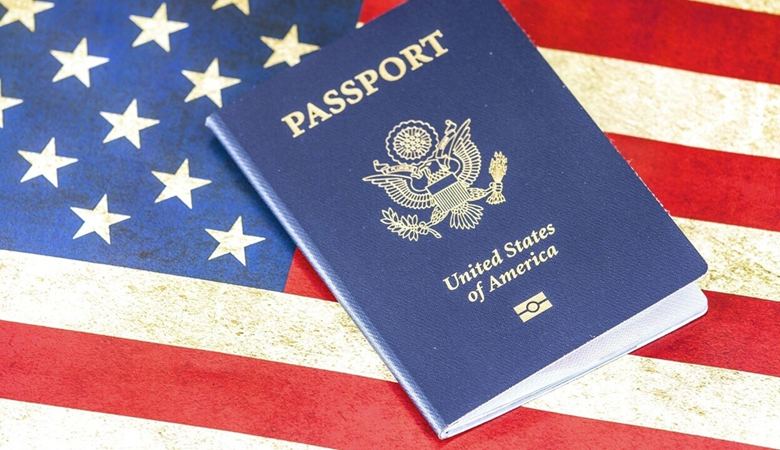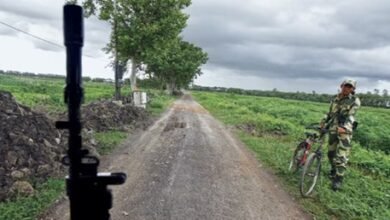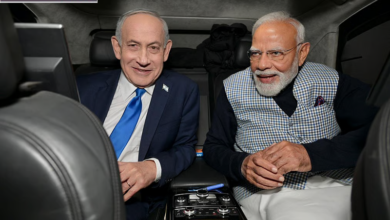
News Mania Desk/Agnibeena Ghosh/1st August 2024
A recent report by Bloomberg has revealed extensive manipulation of the H-1B visa lottery system, exposing how staffing and outsourcing companies exploit America’s foreign worker employment policy. In 2023, a staggering 446,000 individuals applied for H-1B visas, while only around 85,000 visas were available. The report highlights that more than 11,600 visas were granted to multinational outsourcing companies, and another 22,600 went to IT staffing firms. Alarmingly, nearly half of the H-1B visas analyzed by Bloomberg were awarded to outsourcing or staffing companies, many of which employed fraudulent tactics to secure multiple entries for the same workers.
The scheme involves a practice known as “multiple registration,” where staffing firms submit numerous entries for a single individual to increase their chances of obtaining a visa. The U.S. Citizenship and Immigration Services (USCIS) has labeled this practice as “fraud.” Bloomberg’s findings indicate that approximately 15,500 visas, or about one in six awarded last year, were obtained through such deceitful methods.
One particularly egregious example involves a staffing firm operator who used up to a dozen companies to submit the same applicants as many as 15 times. This tactic allowed them to acquire hundreds of H-1B visas while many legitimate applicants were left without any opportunity. The USCIS’s limited enforcement capacity has raised significant concerns about its ability to effectively regulate and prevent such fraudulent activities.
A key figure identified in Bloomberg’s investigation is Kandi Srinivasa Reddy, an Indian American linked to the exploitation of the H-1B lottery system. Reddy, who arrived in the U.S. in the early 2000s and earned a master’s degree, founded Cloud Big Data Technologies LLC in 2013. His operation reportedly involved submitting multiple applications for the same individuals under different company names, significantly boosting their chances of being selected in the lottery.
Reddy controlled several entities, including Cloud Big Data Technologies LLC and Machine Learning Technologies LLC, among others with similar names and overlapping addresses. These companies collectively submitted over 3,000 entries for the same workers, securing hundreds of H-1B visas since 2020. In a single year, Reddy’s firms accounted for more than 300 successful H-1B applications, far surpassing previous records.
The report also reveals that after securing H-1B visas, Reddy’s company contracted the workers to corporations such as Meta Platforms Inc. and HSBC Holdings Plc. The company’s advertisements claimed that it collected 20% to 30% of the workers’ pay, potentially amounting to $15,000 or more annually for each worker.
Lucas Garritson, a Texas lawyer representing Reddy, told Bloomberg that several of the companies’ visas had been challenged by the USCIS for abusing the lottery system. However, he argued that the agency had not followed proper procedures to prohibit the activity and lacked proof that Reddy’s companies violated any rules.
The H-1B visa system, originally designed to allocate visas on a first-come, first-served basis, switched to a lottery system due to overwhelming demand and a cap of 85,000 visas. Each year, the lottery randomly selects names from the applicant pool, which has nearly doubled in recent years, making the chances of securing a visa increasingly slim.
The exposure of this manipulation underscores the need for stricter regulations and more effective enforcement to ensure that the H-1B visa system remains fair and accessible to legitimate applicants. The allegations against Reddy and similar operators highlight the urgent need for reforms to prevent further exploitation of the system and protect the integrity of America’s foreign worker employment policy.






